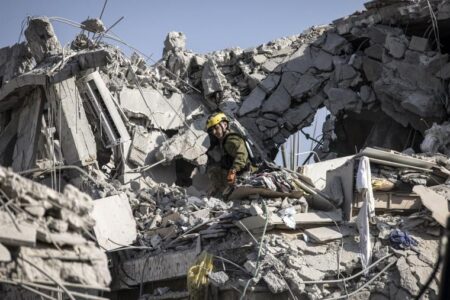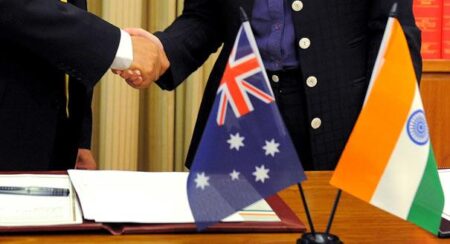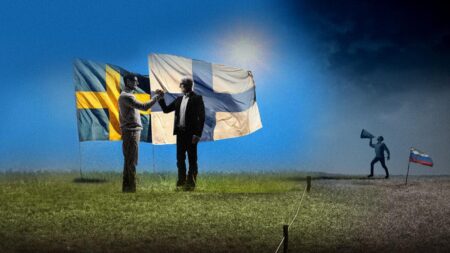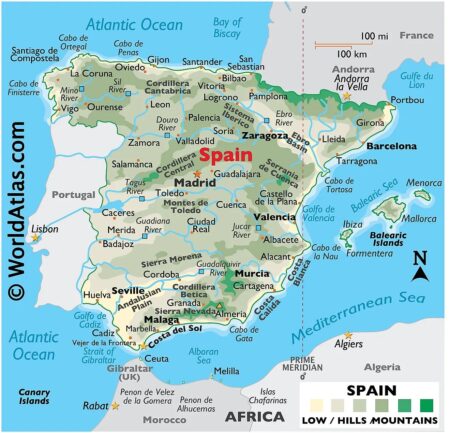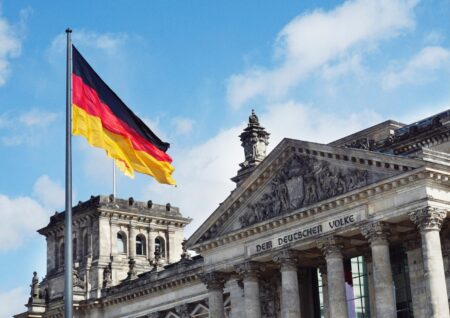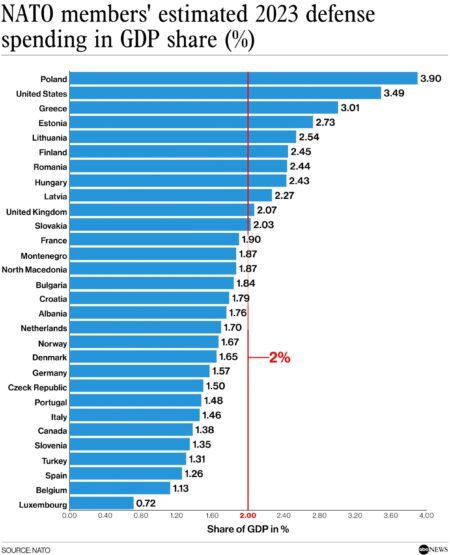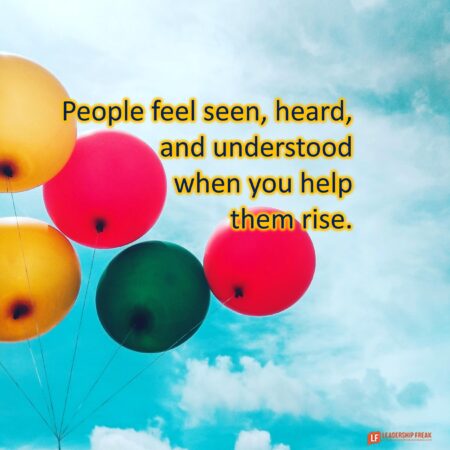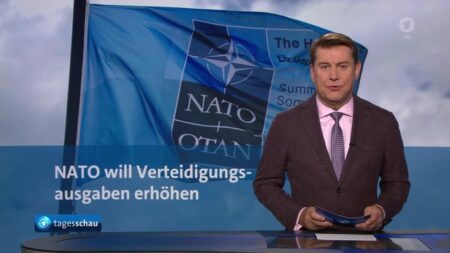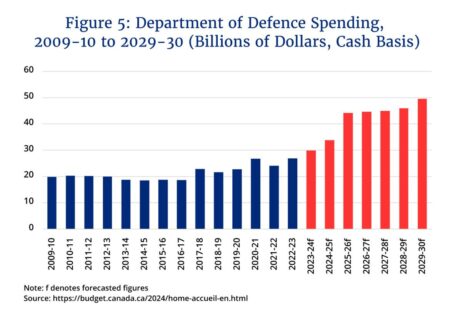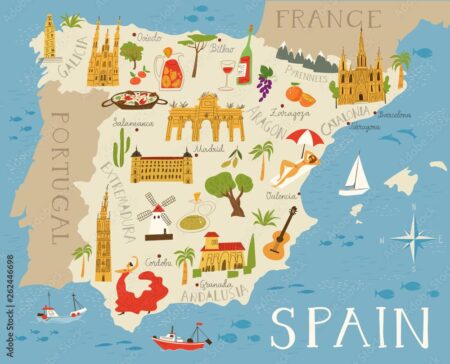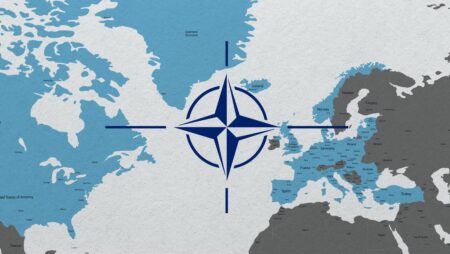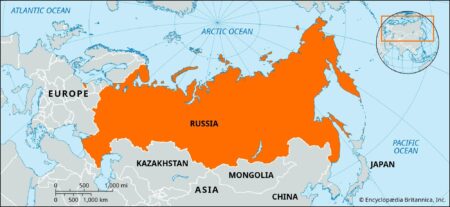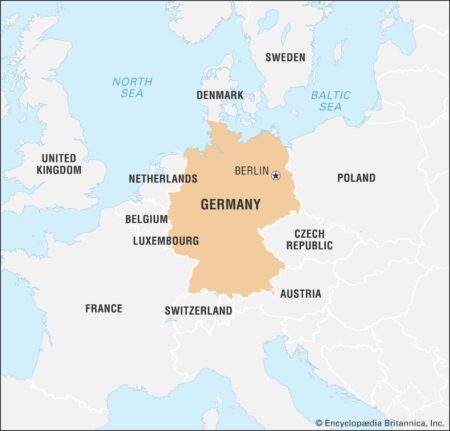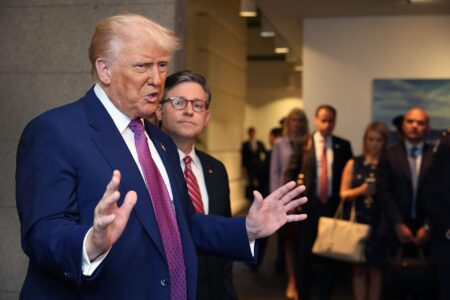Former President Donald Trump boldly declared the deadly Israel-Iran conflict “over” during a NATO summit, delivering a stunning twist amid rising tensions. Stay tuned for live updates as the region’s fragile dynamics continue to unfold
Browsing: NATO
NATO and Australia have strengthened their alliance through enhanced defense cooperation and dynamic joint exercises, showcasing their shared dedication to maintaining security in the Indo-Pacific amid rising geopolitical challenges
Frontline report: Russian forces may attempt a stealthy advance into NATO by navigating a dense, swampy forest in Lithuania. In response, local communities are uniting, bolstering defenses, and preparing for potential incursions as regional tensions continue to rise
Spain is set to disrupt the upcoming NATO summit by opposing the alliance’s 5% defense spending target. This bold move highlights growing rifts over financial commitments amid rising security challenges, Reuters reports
Germany faces mounting pressure to boost its NATO defense spending to 5% of GDP. This ambitious move aims to strengthen the alliance’s readiness, yet it raises concerns about possible economic challenges amid an uncertain global environment, CNBC reports
Lithuanian Defense Minister strongly rejected any exemption for Spain from the 5% NATO spending target, emphasizing that every member must fully uphold their commitments. This stance underscores NATO’s unwavering determination to ensure all allies meet unified defense budget goals
The UK has boldly risen to meet NATO’s ambitious new 5 percent defense spending target, demonstrating a strong commitment to boosting military funding amid growing security challenges. This move underscores the increasing pressure on alliance members to elevate their defense budgets and reinforce collective security
Spain has just secured a game-changing deal with NATO ahead of the upcoming summit, earning a crucial exemption from the 5% defense spending target. This breakthrough highlights the fierce negotiations over member contributions and budget priorities
NATO countries have pledged to ramp up their defense spending to 5% of GDP, marking a bold move to strengthen collective security amid rising geopolitical tensions, officials confirmed
Canada has announced an ambitious surge in defence spending to meet NATO targets, all while navigating ongoing tariff tensions. Finance Minister Carney emphasized this bold commitment as a powerful promise to strengthen alliance ties and safeguard economic stability
Spain is challenging NATO’s 5% defense spending target, emphasizing its economic hurdles and dedication to vital social programs. As discussions heat up within the alliance, Madrid urges for more flexibility, reports EL PAĂŤS English
NATO Secretary General delivered a compelling pre-summit address at Chatham House on June 9, 2025, unveiling an ambitious vision for a more resilient alliance. He emphasized the urgent need for unity, modernization, and enhanced collective defense to confront the swiftly evolving global threats with determination and strength
Moscow has sent a stark message: the war in Ukraine will not end until NATO withdraws its forces from the Baltics, escalating tensions in an already volatile conflict. This bold declaration underscores Russia’s unwavering demand for a scaled-back Western military presence in the region
Canada is making a powerful move, pledging billions in new defense funding to meet NATO’s 2% GDP target. Finance Minister Mark Carney announced this bold commitment aimed at strengthening national security amid rising global tensions
Germany is turbocharging its military strength, ushering in a bold new era for its defense strategy. This ambitious expansion aims to confront rising regional tensions directly while solidifying Germany’s unwavering commitment to NATO amid a shifting security landscape
Germany is gearing up to dramatically boost its military might, planning to add as many as 60,000 troops to meet ambitious new NATO goals. This bold step aims to strengthen defense capabilities amid rising regional tensions. Stay tuned for the latest updates from Azerbaijan
Germany and Ukraine have forged a groundbreaking partnership to co-produce long-range weapons, significantly enhancing Ukraine’s defense strength amid the ongoing conflict. This agreement represents a major milestone in European security collaboration
Germany has unveiled an ambitious plan to manufacture long-range missiles in partnership with Ukraine, coupled with a robust €5 billion military aid package. This bold initiative signifies a major leap forward in Germany’s commitment to supporting Ukraine as tensions with Russia continue to rise
Germany’s Friedrich Merz has come under fire for his contradictory statements about long-range weapons for Ukraine. His comments have ignited a lively debate within the government, underscoring the deepening divisions over military support amid escalating tensions
Former President Donald Trump’s frustration with Russian President Vladimir Putin has reached new heights as peace negotiations over Ukraine continue to hit a wall. Trump’s sharp criticism underscores the mounting impatience among U.S. leaders concerning the protracted conflict.

